
Last year, the annual Black Book Festival in Berlin promises an incredible lineup of guest speakers and engaging discussions. Scheduled to take place from June 28th to June 30th, 2024, the festival focuses on celebrating knowledge and stories written by Black authors, with a particular emphasis on Queer narratives from Africa.

Pride Month, celebrated annually in June, is more than a commemoration; it’s a powerful testament to the struggles, triumphs, and resilience of the LGBTQ+ community worldwide. By understanding the origins of Pride Month, we uncover a history that inspires us to resist oppression, foster solidarity, and continue the fight for equality.
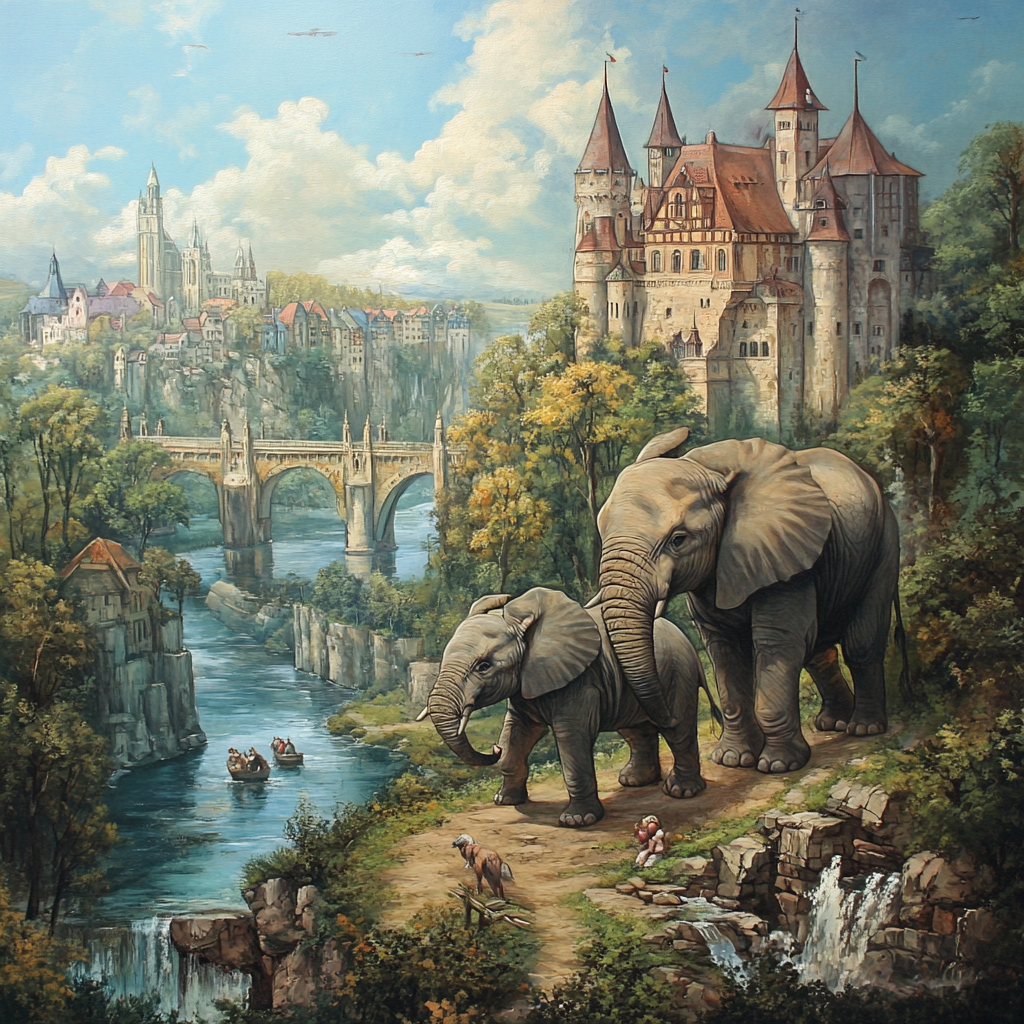
Germany announced plans to ban the importation of hunting trophies, a move that specifically targets the activities of German safari hunters. While this may seem like a noble conservation effort on the surface, it sparked a fiery backlash from Botswana’s Wildlife Minister.
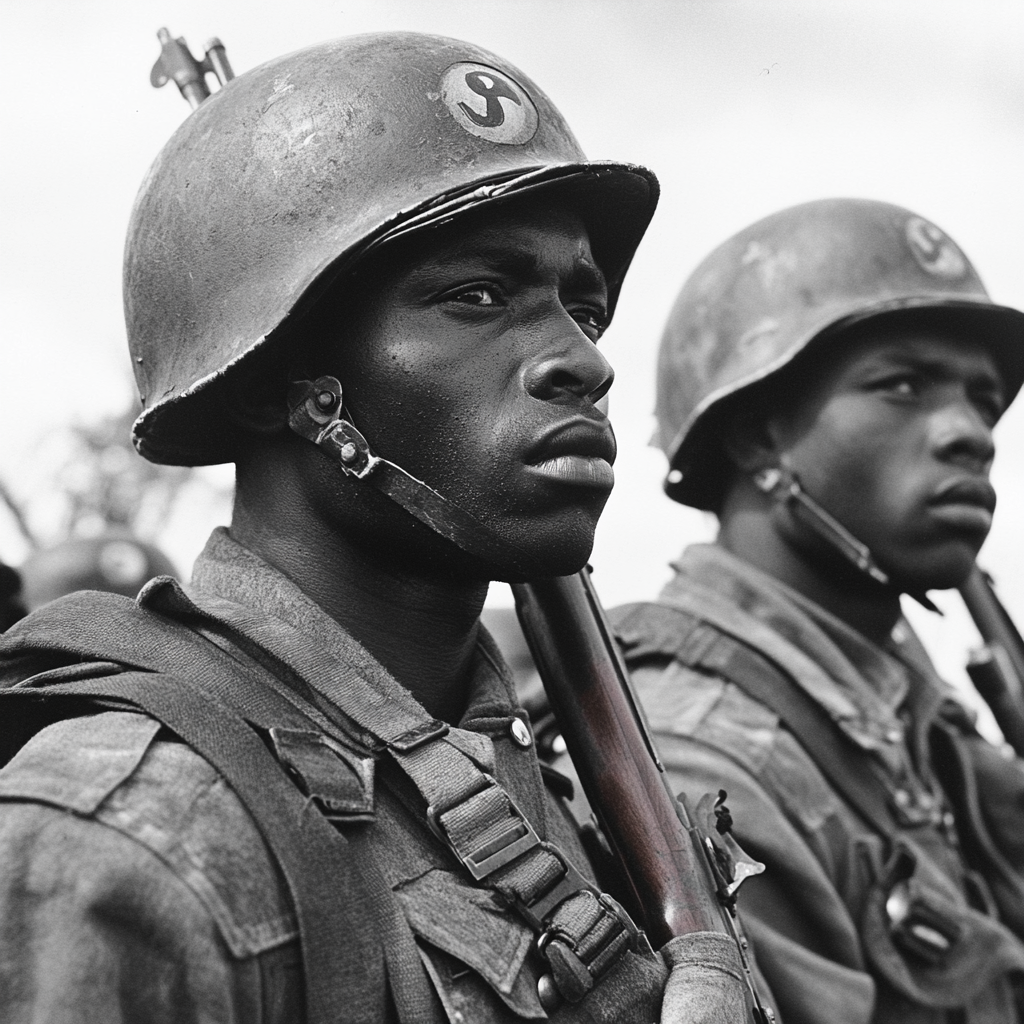
The Afro-German experience during Nazi Germany is a story that often remains untold, yet it’s one of profound resilience and courage in the face of unimaginable prejudice and discrimination. One compelling figure who embodies this experience is Theodor Michael Wonja. Born on January 15th, 1925, Theodor’s life tells a poignant story of survival and advocacy amidst the oppressive atmosphere of Nazi Germany.

Did you know that April 4th is World Mining Day? Mining impacts our daily lives more than we often realize. For instance, 70% of the world’s cobalt is mined in the Democratic Republic of Congo (DRC). This mineral is vital for powering your phone, your laptop, and most of your electronic devices. Without it, the modern technologies we depend on daily would not function.
The T4 Euthanasia Program was a sinister initiative undertaken by the Nazi regime in Germany during the 1930s and 1940s. Named after the address of its headquarters at Tiergartenstraße 4 in Berlin, the program’s primary aim was to systematically exterminate individuals considered mentally or physically handicapped, as well as those with genetic defects.
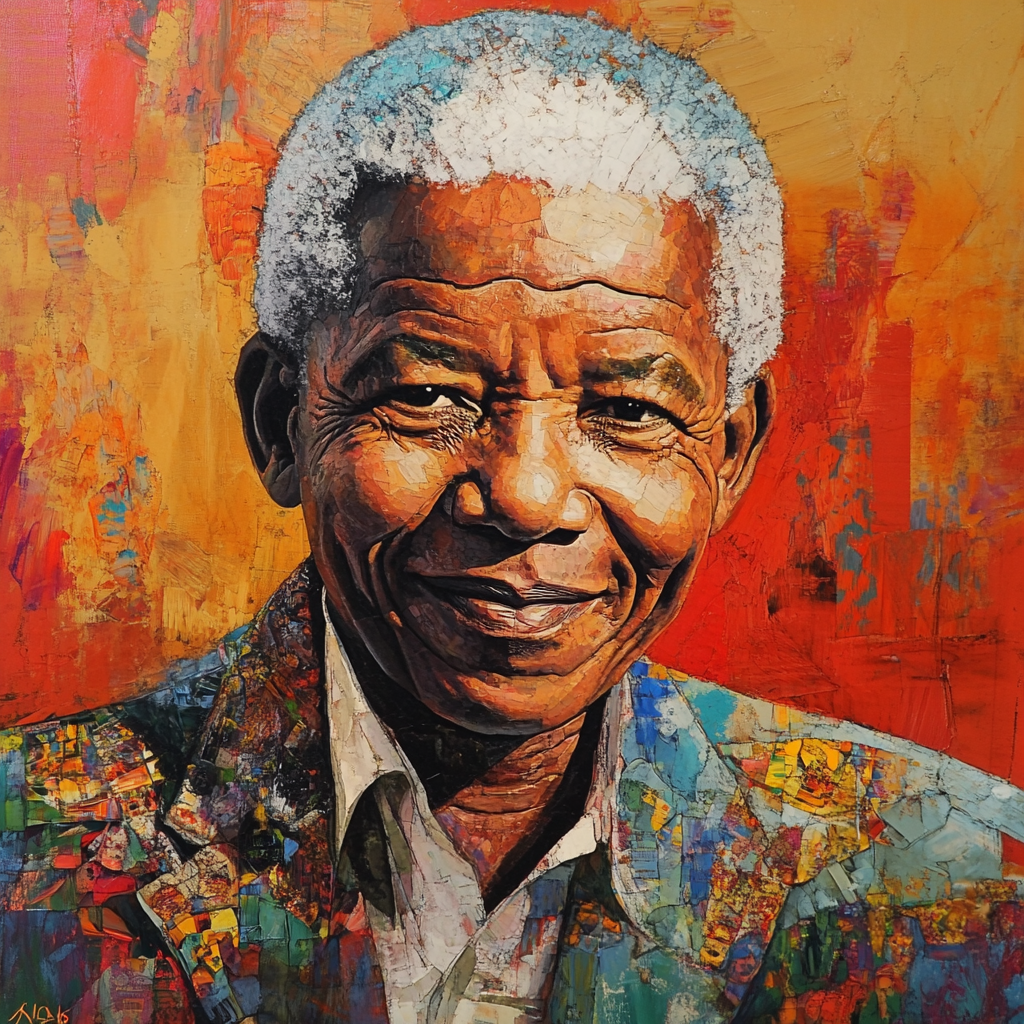
Nelson Mandela, affectionately known as Madiba, spent 27 years of his life imprisoned for his unwavering commitment to anti-apartheid activism. Emerging from the darkness of incarceration, he became a towering figure in the fight for liberation and equality for Black South Africans. Despite enduring immense personal suffering, Mandela chose not to harbor bitterness or seek revenge.
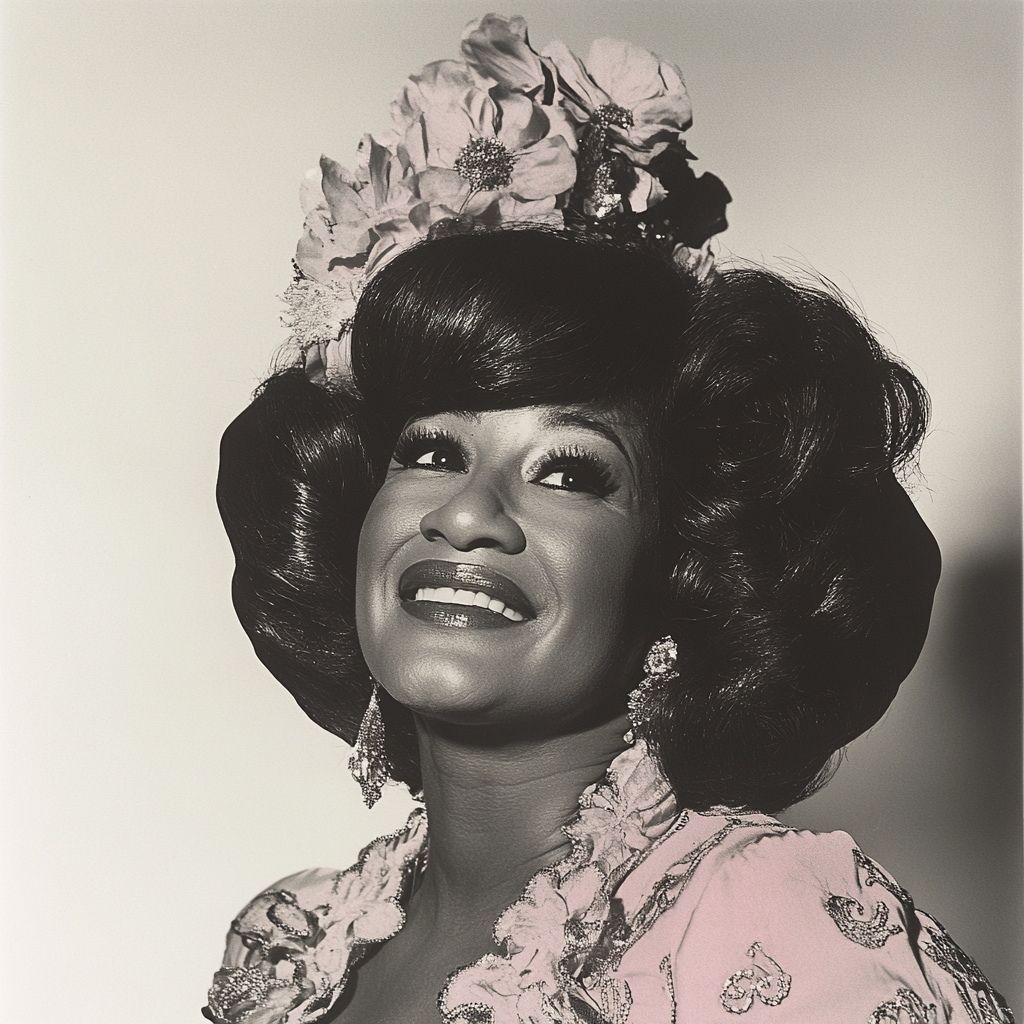
Celia’s famous catchphrase, “¡Azúcar!” (meaning “sugar”), became synonymous with her persona. This word captured her energetic performances, creative spirit, and enthusiasm for life and music. It became a rallying cry of joy, love, and cultural pride—a fitting representation of her indomitable spirit.
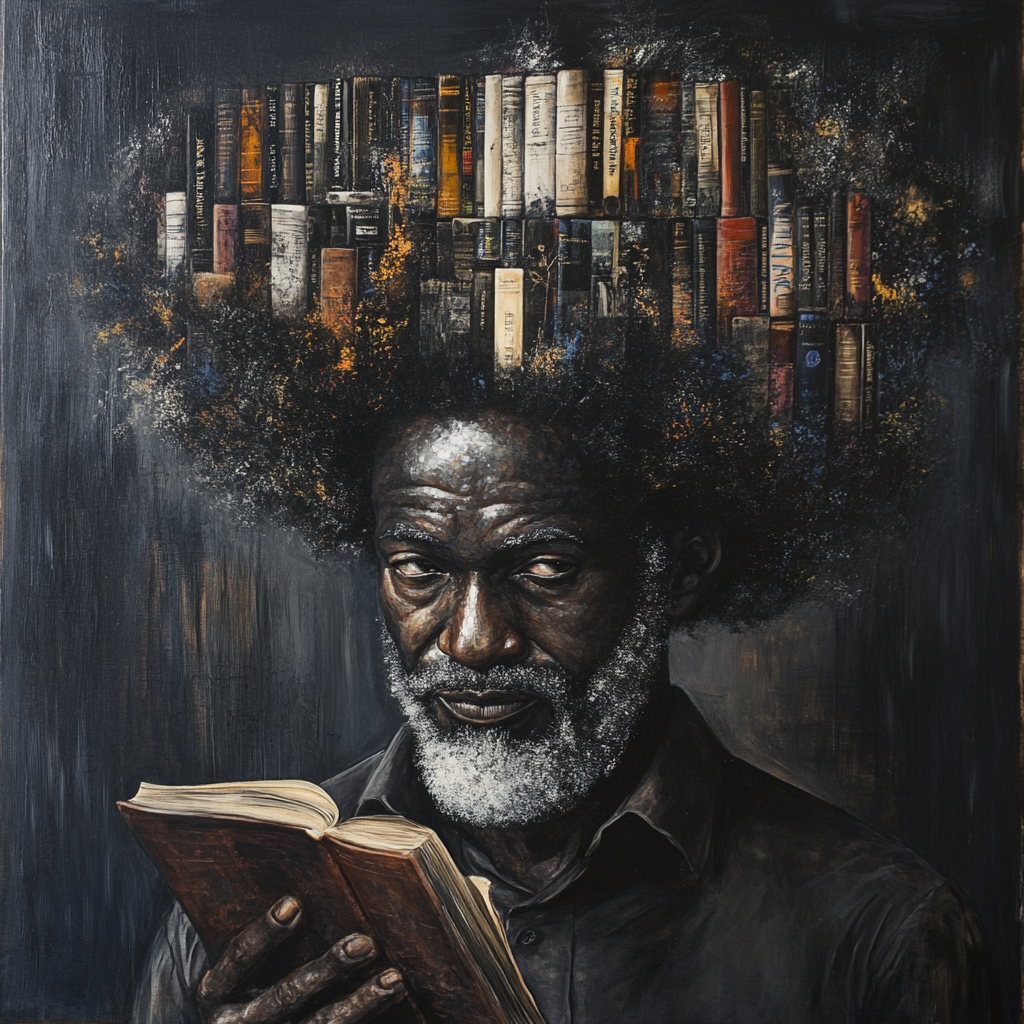
Anton Wilhelm Amo whose stories beg to be heard and remembered. Amo’s life is a testament to the richness and complexity of human experience and highlights how the narratives of African people have been systematically erased or ignored in mainstream histories

Witches were often female traditional doctors? The infamous witch hunts, which began in the late 1480s, were rooted in the systematic persecution of women practicing medicine and healing arts. This historical tragedy reflects not only the misogyny and power structures of the time but also the suppression of female medical professionals in favor of an emerging male-dominated field.









